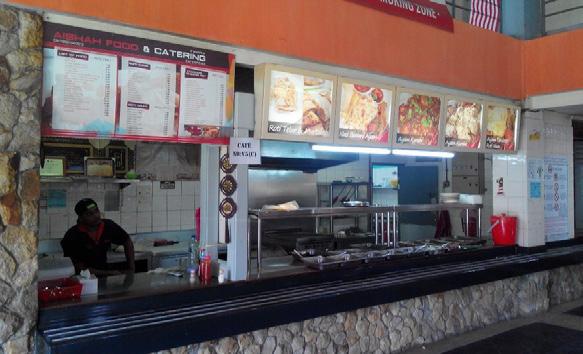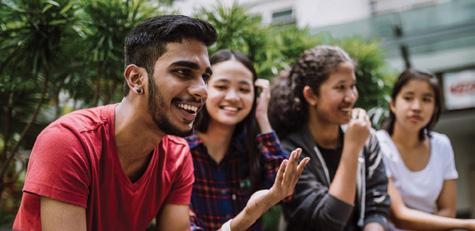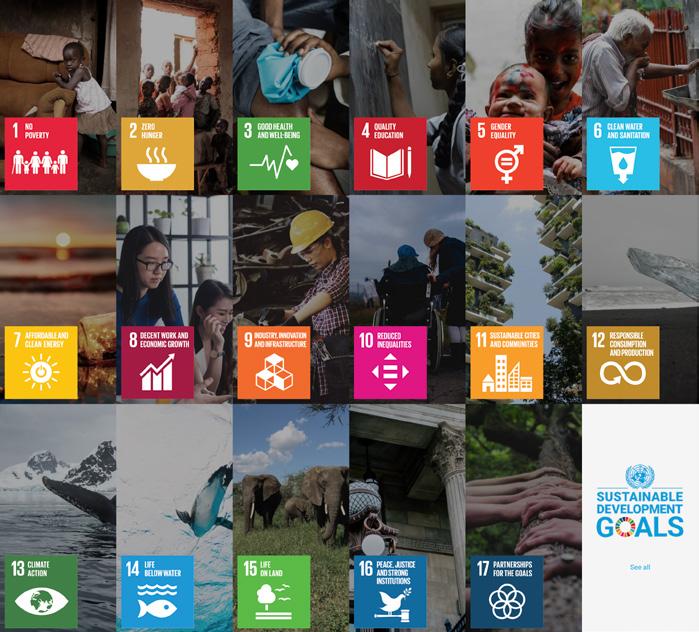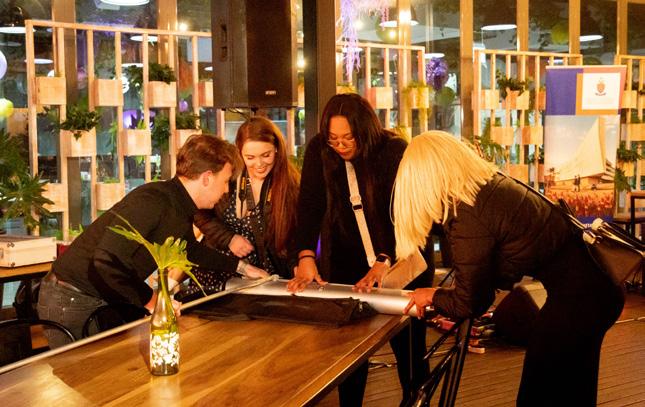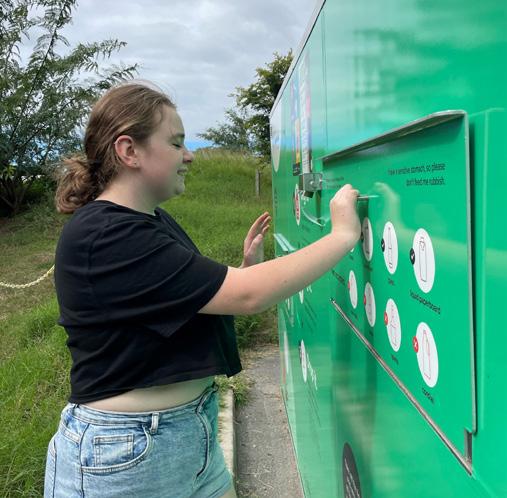
5 minute read
A Leader’s Perspective: Why Sustainability is Important
A huge thank you to all of our leaders for sharing their perspectives on sustainability and how student accommodation can play a part in this.
Marion Bayley, CEO, Deakin Residential Services
Advertisement
Johnny Nu’u: College Warden, University of Otago
Gemma Edgar, General Manager – Student Living, University of Newcastle (Aus)
Rose Alwyn, Warden and Chief Executive at St John’s College within The University of Queensland. Organisations are putting sustainability at the heart of what we do. Our Vice-President Jacob Waitere went out and asked a number of leaders of student accommodation organisations what sustainability means to them and their organisation. These leaders are Johnny Nu’u of the University of Otago, Rose Alwyn, Warden and Chief Executive at St John’s College within the University of Queensland, Marion Bayley CEO of Deakin Residential Services and our APSAA President, and Gemma Edgar General Manager of Student Living at the University of Newcastle Australia.
Why is sustainability important to you?
Marion: To not only reduce our footprint but also to positively contribute to the communities that we are a part of, educating young people is at the core of why we exist and therefore we are lucky to be able to have such an influence on future generations and their practices.
Johnny: It is an essential in today’s world to keep up with student demands and ongoing government regulation.
Gemma: I believe that as individuals, communities, and organisations we all have a responsibility to ensure a future that is inclusive, equitable and values protecting our environment. I feel extremely proud to work for an organisation which holds strong values and feels a deep responsibility to lead by example on climate action. This means embedding sustainability principles at the core of everything we do.
Rose: In today’s changing environmental climate, we need eco-innovation and sustainable focus more than ever before and together we can do more than on our own. It is vital that we practice the key pillars of environment, society and governance (ESG) and learn how to balance and embed them in our future. In your opinion how should we as leaders support our teams to be more sustainably focused?
Marion: All too often practices are not undertaken due to financial impacts in the short term. Leaders can provide the strategic direction to ensure this isn’t a barrier and also be the motivator of innovative thinking.
Johnny: By keeping them informed and equipping teams with the right tools.
Gemma: I believe it comes down to educating, supporting and allowing people to identify what being sustainable means to them, their work and how we can imbed it in everything that we do. I think if you have an anchor or something tangible to refer to, it allows your team to set goals and measures to determine what can be achieved in this area.
Rose: We have a responsibility to ensure that the current and next generation become eco-conscious, self-sufficient global citizens who understand the importance and immediacy of environmental and sustainable education. Reframing messages on sustainability to make them applicable to our teams and organisations will encourage people to make change.
What role do you think student accommodation can play in equipping our residents with the tools for a more sustainable future?
Marion: As previously indicated, there is so much more than just waste management when talking about sustainable futures. Deep understanding of equity and diversity, people and place as well as impact of actions are what will effect change in the future. We have a captured audience where we can assist by facilitating some practices but also provide life lessons and challenge deeper thinking in our communities - ensuring we don’t accept anything less. These are lessons that hopefully are taken far beyond their years in student accommodation.
Johnny: As guardians of the land and buildings we are placed on, we can provide opportunities for continued learning and understanding on why change is needed.
Gemma: Our communities are primarily made up of young people. Young people are our future and they are incredibly dedicated, informed and action orientated in this area. I think it is about us stopping, creating space and time to listen to our community, understand what they want to see and do when it comes to a sustainable future and support them to take action! What do you think the future looks like in this space?
Marion: I think that our young people will be the generation of long overdue action in this space and are extremely passionate about all aspects of the SDGs. Therefore I am positive that change will happen and that sustainable practices will become normal rather than the exception.
Johnny: Sustainability will become more pronounced and take a lead role in how make decisions about our future state
Gemma: As an industry I think that we should be developing our own charter or commitment to sustainability. As an industry we hold a responsibility to support young people, their future and the world they are going to live in! There is so much scope in how the SDGs could be incorporated into your organisation (if they are not already) and support building engaged, socially and globally aware young people who can create a world of positivity and difference in the area of sustainability!
Rose: To really create a better future, the key is in educating our students to equip them with the ability to navigate a changing environment and to ensure they have the knowledge of self sufficiency, science and conservation to create a better and more sustainable future. It is in our hands to give the future generation the knowledge and practical tools they need to take on environmental change.
Marion Bayley Out of the 17 UN SDGs, which one are you particularly passionate about?
Marion: This is difficult to narrow down to one - so many are interconnected and I would love to see prioritisation of them! For me gender equality as well as reduced inequalities more broadly is something I am passionate about, they underpin so many issues – homelessness, poverty, wellbeing – and if addressed can contribute to the success of all areas of SDG through diversity.
Johnny: For me this starts with UN SDG Goal 1: No Poverty – End poverty in all its forms everywhere.
Gemma: It really is hard to pick one because sustainability is multifaceted – our physical environment plays a huge role in social environment, and the world in which we live in. So I strongly connect with my social work values and as a human I want to see good health and wellbeing for all (Goal 3).
Rose: That is a tough question – the first five are my fave! (No Poverty, Zero Hunger, Good Health, Quality Education and Gender Equality).
This article is in relation to the following Sustainable Development Goals (SDGs):


